Few artists cultivated their image and persona as carefully as Salvador Dali. Archives are filled with images of the artist in elaborate get-ups, enacting strange rituals like taking his pet anteater for a walk in Paris, hugging a clock, or wearing an animal skull as a hat. His infamous mustache (which, it was revealed last year, remained intact even through death) was, of course, omnipresent.
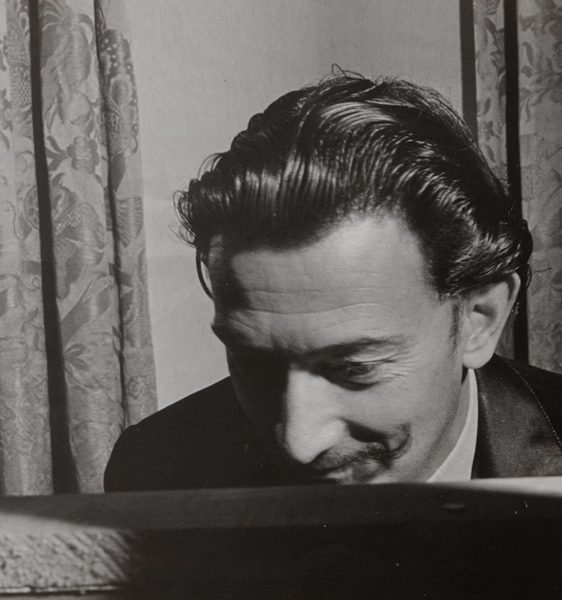
Over his long career, the Surrealist was photographed by acclaimed Spanish photographers Juan Gyenes, Xavier Miserachs, and Francesc Català-Roca, as well as by 20th century giants such as May Ray, Cecil Beaton, Erich Schaal, and Philippe Halsman.
What is less known is that Halsman’s wife Yvonne, as well as many other female photographers, also captured the painter. An ongoing exhibition at the Gala–Salvador Dalí Foundation’s Púbol Castle in Catalonia, Spain, includes work by French artist Valentine Hugo and Dalí’s wife and muse, Gala. A number of the works in “Women Photograph Dalí” are being shown publicly for the first time. It is on display from 15 March 2018, when the castle reopened its doors, until 6 January 2019.
Curators Bea Crespo and Rosa M. Maurell from the Centre for Dalinian Studies pored over archives and newspaper clippings to identify works and surface new biographical information about the women behind the camera. The exhibition’s stated aim is to “increase the visibility of the work of 14 modern, well-traveled, and free-spirited women who chose photography as their form of expression and whose common denominator was Salvador Dalí.”
Below, we take a quick look at some of the photographs who captured the Surrealist painter in ways we’ve never seen him before.
GALA
Although Gala, who married Dalí in 1934, is best known as his wife and muse, she was also a talented artist in her own right. The photos she took of her husband show a muse staking a claim to her own point of view from behind the camera. Her images present Dalí in softer and more intimate moments. Highlights include intimate portraits taken while the artist was napping or wandering the streets in the early years of their relationship in Portlligat.
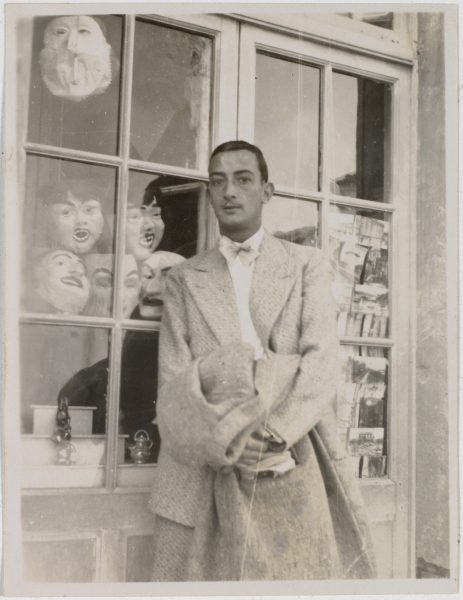
The images offer some clues about their shared private life, but the true context remains a mystery, as Gala never spoke publicly about their relationship or formally exhibited her photography.
Anna Laetitia Pecci-Blunt
Pecci-Blunt, whose father was a member of the papal guard and whose mother was a Spanish noblewoman from Cuba, was a well-known patron of the arts during her life—but practically unknown for her photography.
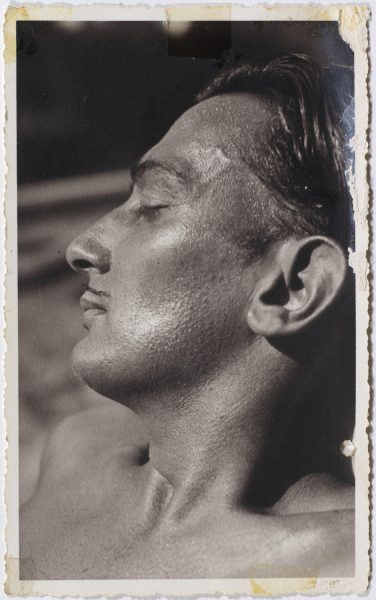
After she married the New York banker and French painting collector Cécil Blunt, she and her new husband opened their Paris salon to leading artists and intellectuals. Another frequent guest who ended up on the opposite side of her lens: Dalí. In addition to photography, Pecci-Blunt had an eye for collecting and dealing art.
Of the women featured in the show, the American photographer Martha Holmes is one of the more established. Initially hired as an assistant to photojournalists at the local Louisville Courier-Journal and The Louisville Times, Holmes began her career as an independent photographer and photojournalist after many of the male photographers were called to service in World War II.
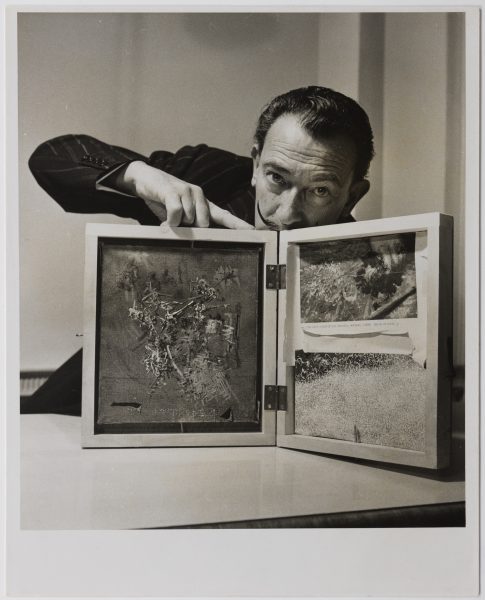
She later worked at Life magazine and photographed a number of boldface names alongside Dalí, including Jackson Pollock, Humphrey Bogart, and Lauren Bacall.
Denise Bellon was part of the team of photographers at the Alliance-Photo between 1934 and 1940, and later worked at the Midi Libre newspaper.
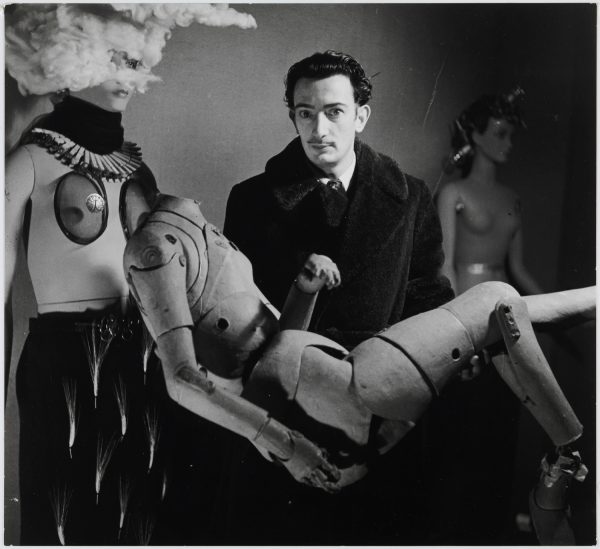
She captured Dalí for the 1938 Exposition Internationale du Surréalisme in Paris, one of the most important exhibitions of the era. Her images stand out for their historical value, documenting a turning point in art history, but also as haunting works of art in their own right. Bellon herself was associated with the Surrealist movement in France and took portraits of other artists active during the period, including Joan Miro, Marcel Duchamp and Yves Tanguy.
